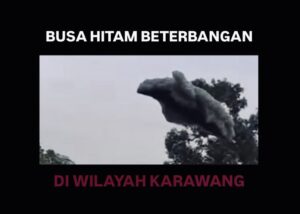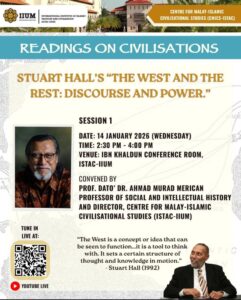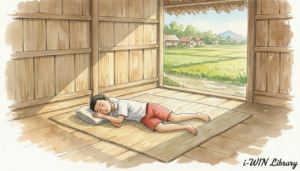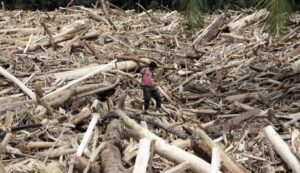Muay Thai as Thailand’s Soft Power Strategy in Increasing Tourism Post Covid-19
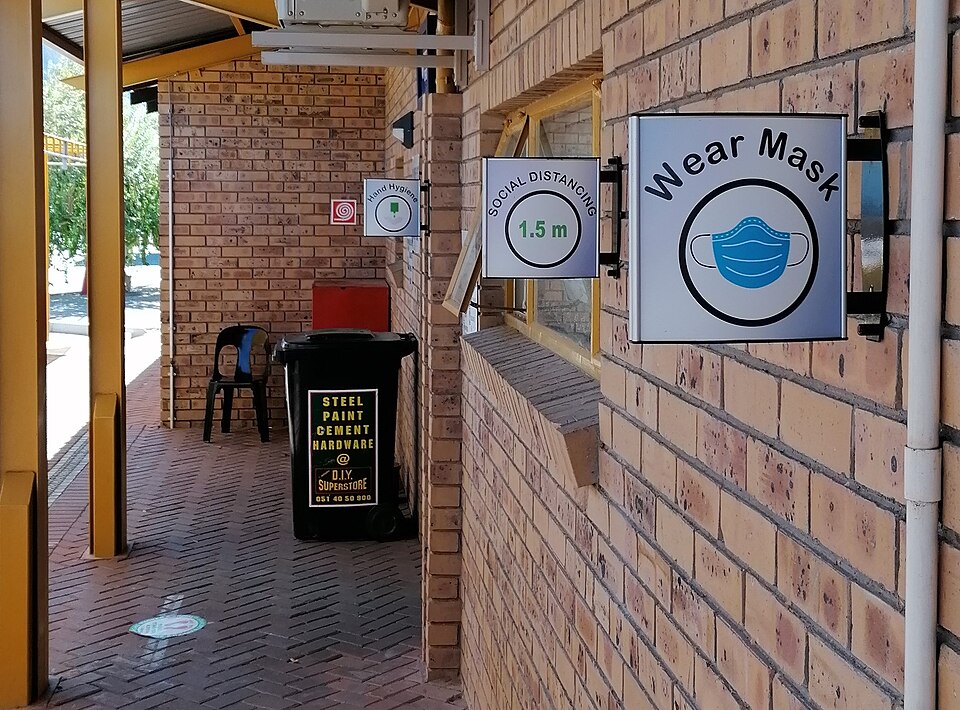
Author (s) : Nicholas Jason; Indra Wisnu Wibisono; Sri Suwartiningsih
Institution : Department of International Relations, Faculty of Social and Communication Science, Satya Wacana Christian University, Salatiga, Indonesia
Category : Article,IJMMU
Topics : : Soft Power; Nation Branding; Cultural Tourism; Muay Thai; Thailand Tourism
This study discusses Thailand’s strategy in utilizing Muay Thai as part of its soft power to boost the tourism sector after the COVID-19 pandemic. This study uses a descriptive qualitative approach, using soft power theory and the concepts of nation branding, cultural globalization, and cultural tourism. This study outlines the role of Muay Thai as a nation branding that unites culture, sports, and tourism, as well as strengthens the country’s positive image in the international world. Various government policies, such as “Amazing Muay Thai Experience” and the provision of special visas to study Muay Thai, have proven effective in increasing the number of tourists and regional income, with an increase of 448,916 tourists in Thailand’s green season (low visitor season). At the same time, Phuket Province, known as Muay Thai Village, also experienced an increase in the number of tourists by 108,480 people, as well as an increase in GDP and GDP per capita of 50% or more from the previous year. The study results show that the development of Muay Thai as soft power has a significant impact on increasing tourist visits, with an increase in the number of tourists and related provincial income. This strategy shows Thailand’s success in utilizing cultural heritage as an asset for diplomacy and an international tourist attraction.
Article can be downloaded here >> https://ijmmu.com/index.php/ijmmu/article/view/6864/5527



